
What is the soda tax? And where is Philadelphia's beverage tax revenue going?
According to the City Controller, 70% of the budget has yet to be spent on the programs it's intended for.
Every time you go to the store and buy a Coke -or any sweetened beverage, you are paying extra due to the Philadelphia Beverage Tax, best known as the soda tax.
From 2017 to 2019, the tariff has generated a $193.8 million revenue for the city.
The 1.5-cents-per-ounce levy on sugary beverages was proposed by Mayor Jim Kenney to fund Philadelphia’s universal Pre-K and community school programs, and the Rebuild program debt to improve urban parks, recreation centers, and libraries.
However, on Wednesday, City Controller Rebecca Rhynhart released a report stating that only 30.5% or $59.2 million of the tax revenue has been spent.
The remaining $134.6 million is in the city’s general fund.
This has prompted Rhynhart to urge the Kenney administration for a separate account of the tax revenue — something that Jim Engler from the Mayor’s Chief of Staff, considers not feasible.
“What she’s asking for is something that would be very out of the norm, for the way the city has done budgeting for the last 60 years,” he said.
Overall, the beverage tax budget has primarily been spent on the city’s pre-K program, with an investment of $49,900,372. Another $4,851,489 has been spent on the mayor's community schools initiative.
Likewise, the tax has provided the Office of Education with $1,800,095, which according to the research, pays for all of the entity’s payroll. This leaves $2,633,017 to be spent on Parks and Recreation’s Rebuild and Rebuild Debt Service
According to the City Controller Rebecca Rhynhart, 70% of the budget has not been spent on the programs it was intended to.
“The mayor’s office has said that it will eventually, but I continue to push for them to segregate the money to ensure that the revenue is spent only on what was promised to voters,” said Rhynhart.
The mayor’s chief of staff disagrees with “the margins [the research] is counting as spenders,” and worries about the effect it could bring to an already controversial tax.
“Our concern is the beverage industry has spent tens of millions of dollars in local lobbying in state law to try to get us to repeal the tax,” said Engler. “By doing this she is kind of tailoring those talking points without also giving the caveat of what we said back in 2016,” he emphasized.
What Engler refers to is the events of 2017, when much of the beverage tax revenue had to be put on hold due to many battles for the legality of the tax.
The query was finally settled in 2018 after the Pennsylvania Supreme Court found the city did not violate state law by implementing the levy.
RELATED CONTENT
“While we were under litigation and under the court system we held back on expanding programs as rapidly as we have wanted just in case we might lose,” recalls Engler.
Likewise, the “caveat” the mayor’s chief of staff refers to dates back to the earlier years of the program.
“We were clear that over several years of the tax being administered, the tax coming in would be more than we would be spending on those programs,” he said.
An element that will eventually flip, he says, reaching a point where “the expenses of the programs would exceed the incoming [soda tax] revenue."
The city plans to solve this future problem by using the rest of the tax revenue that the city brings in to “ also supplement the new revenue that is coming in from the beverage tax,” Engler explained.
Whether the money keeps coming from the beverage tax or supplemental tax revenue, The mayor’s chief of staff does not leave room for the possibility of a separate account.
“We have to talk to City Council as part of the next budget process, but if we were to follow past history we will continue to do exactly what we are doing now,” said Engler.
Meanwhile, Rhynhart remains adamant about the creation of a separate account for the tax revenue. “It’s a good practice to calm questioning. I don’t see why not if they plan to spend it in what they said,” she explained.
For now, the $134.6 million that has not been spent on the programs remains in Philadelphia’s General Fund, where, according to the city controller, “it’s just flowing into the city coffer, where it is very hard to say if it’s been spent or not.”
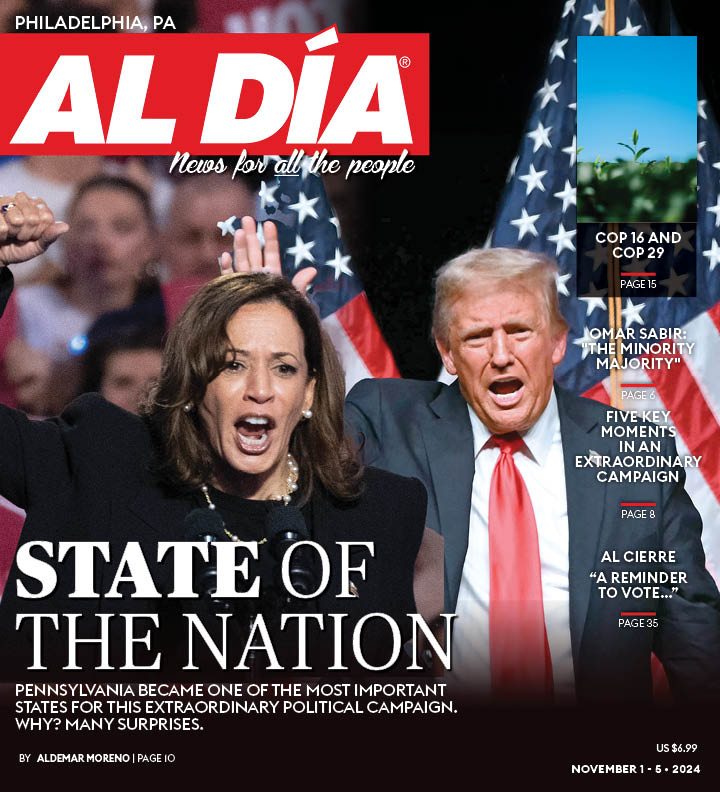

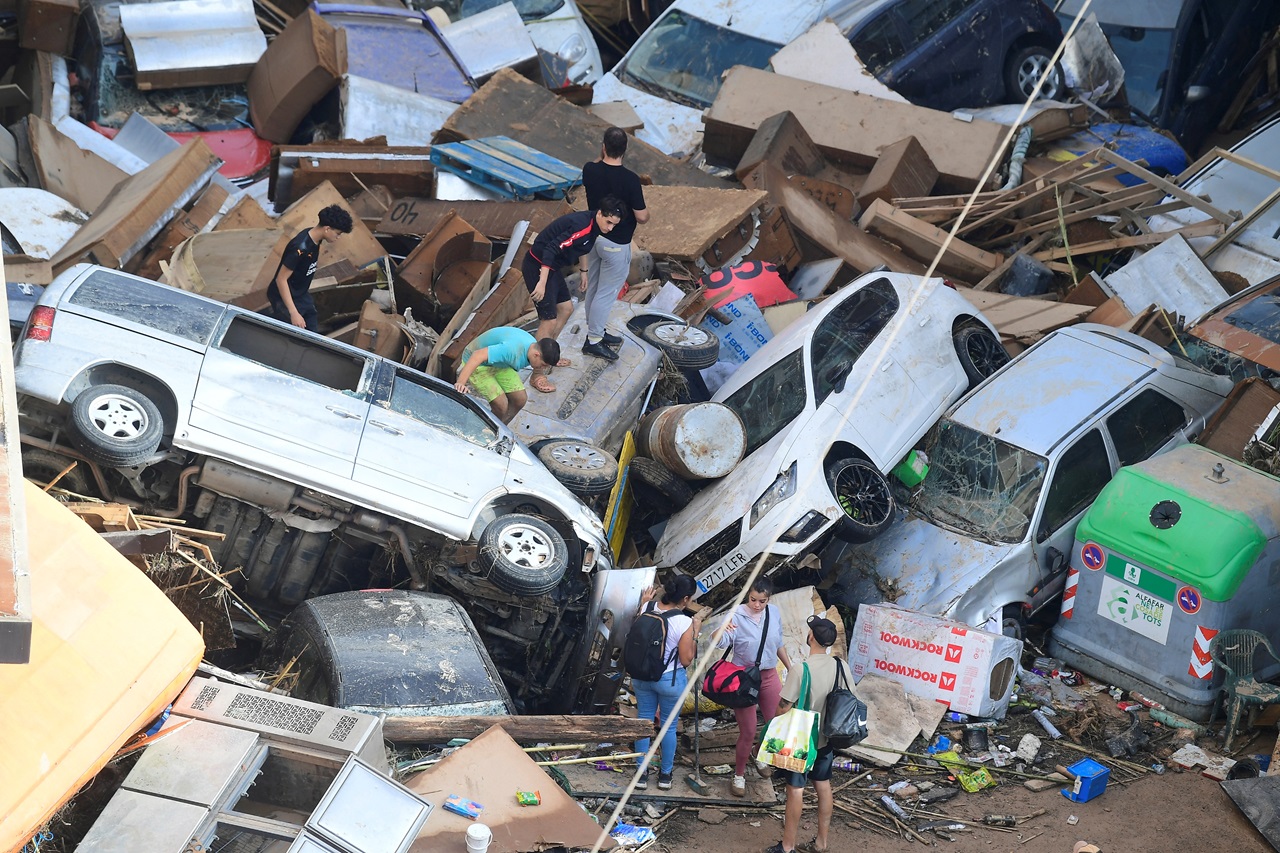
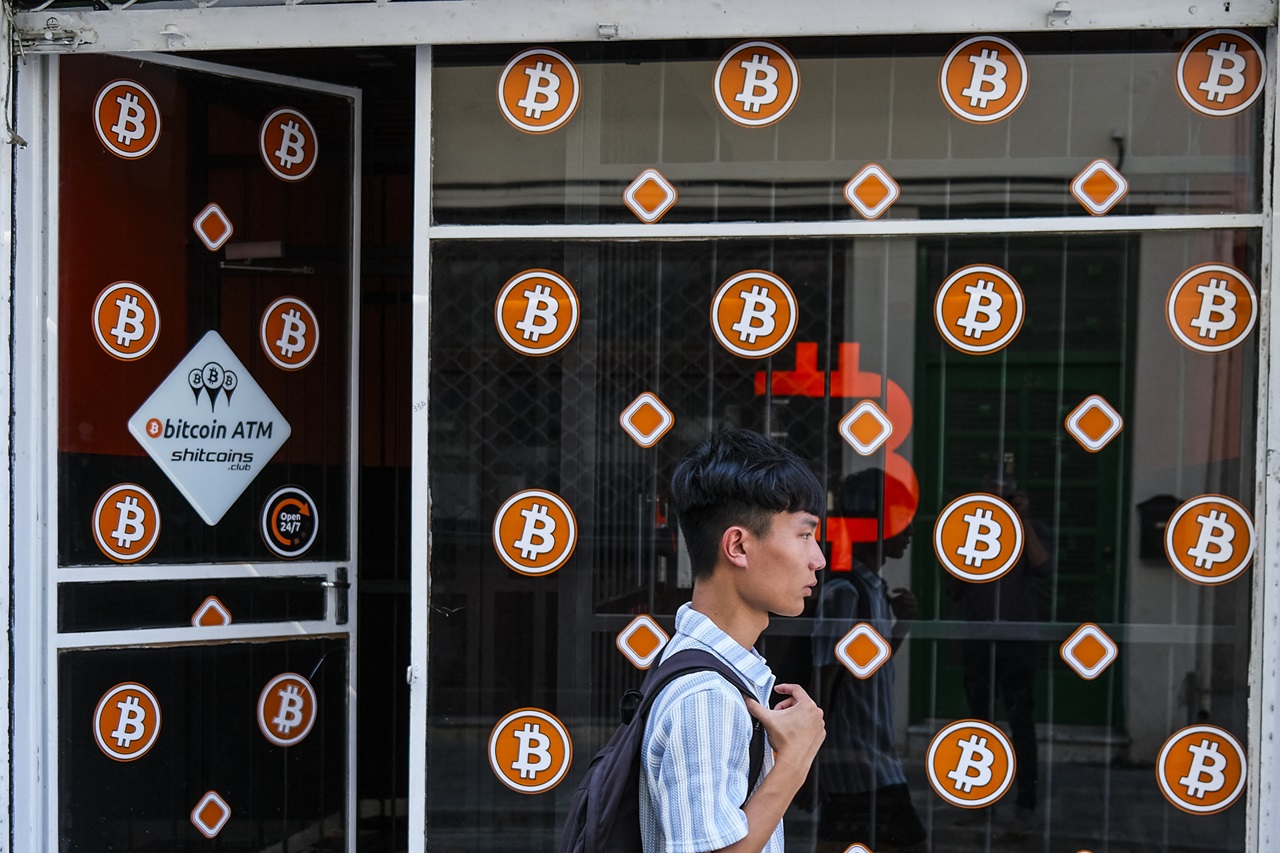
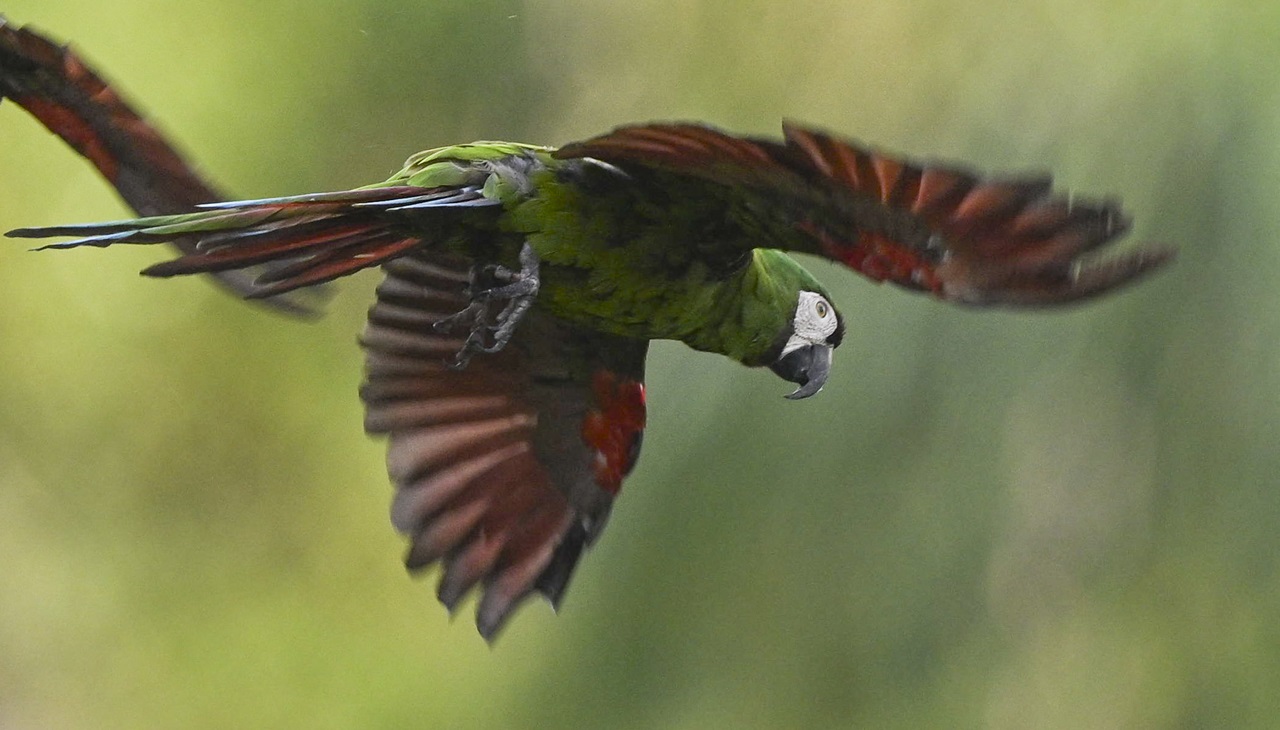
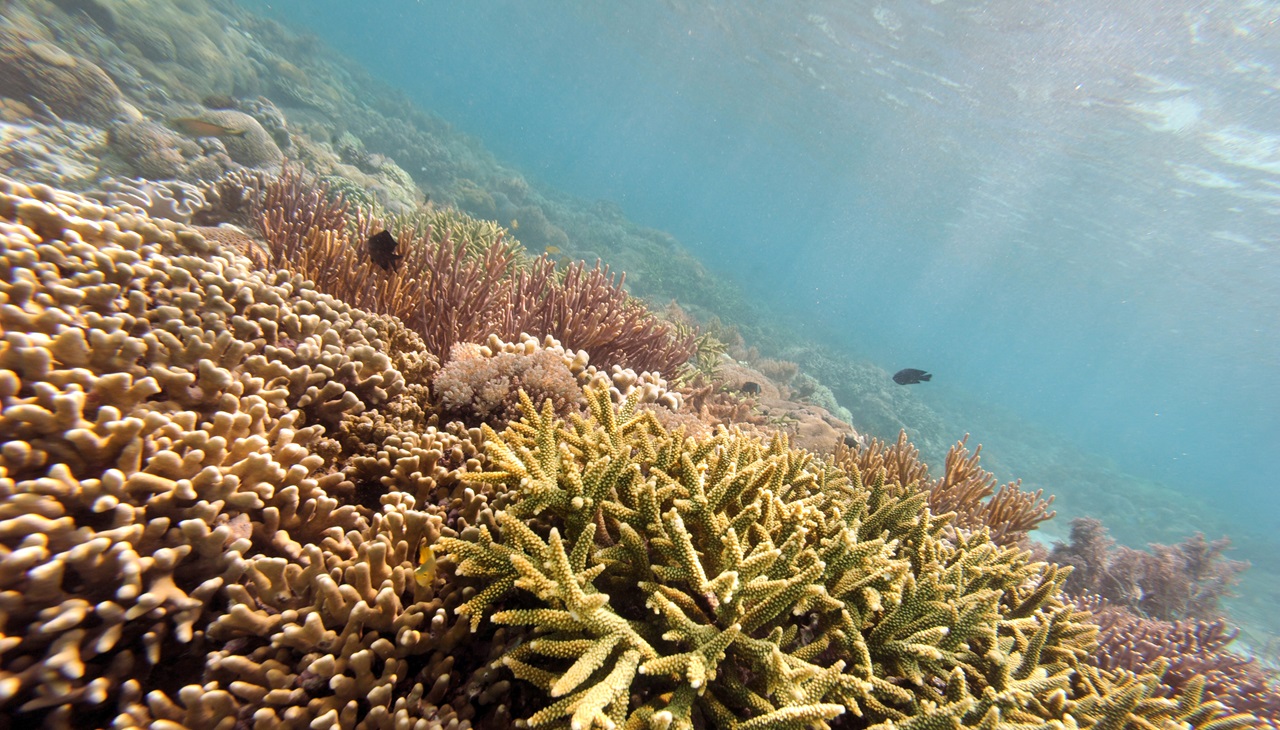
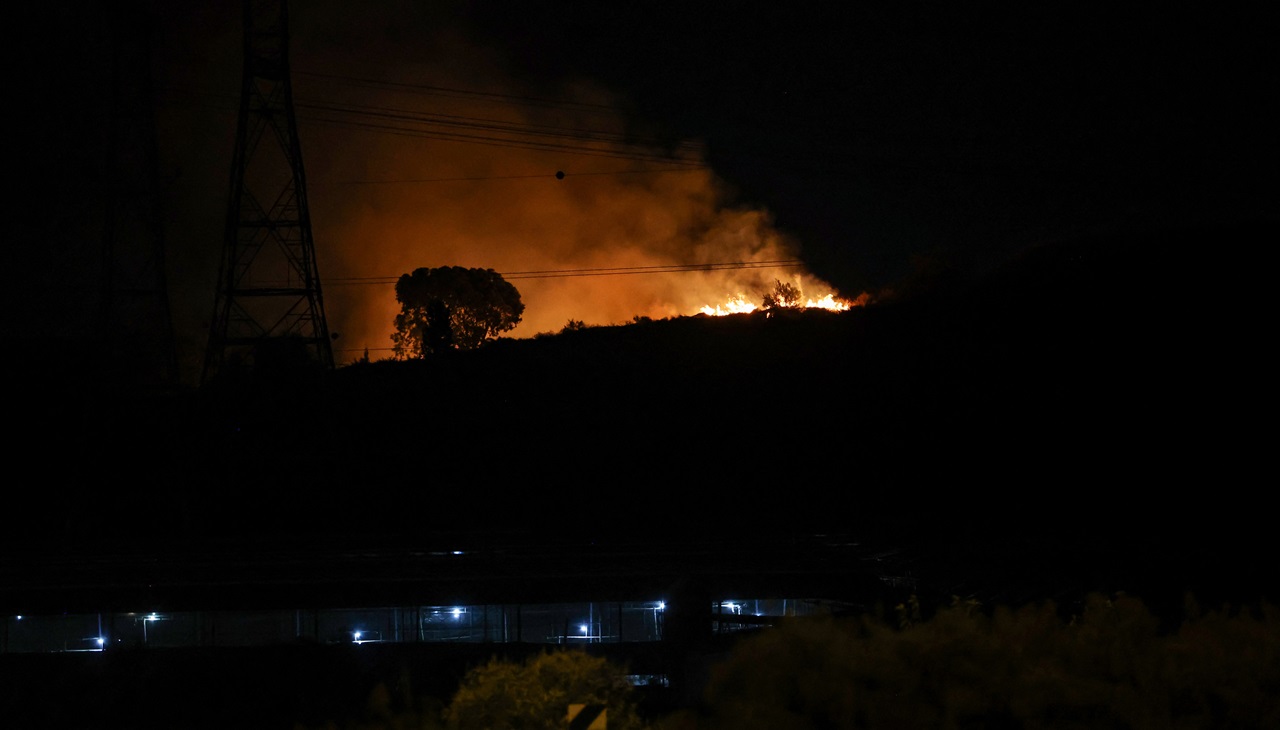

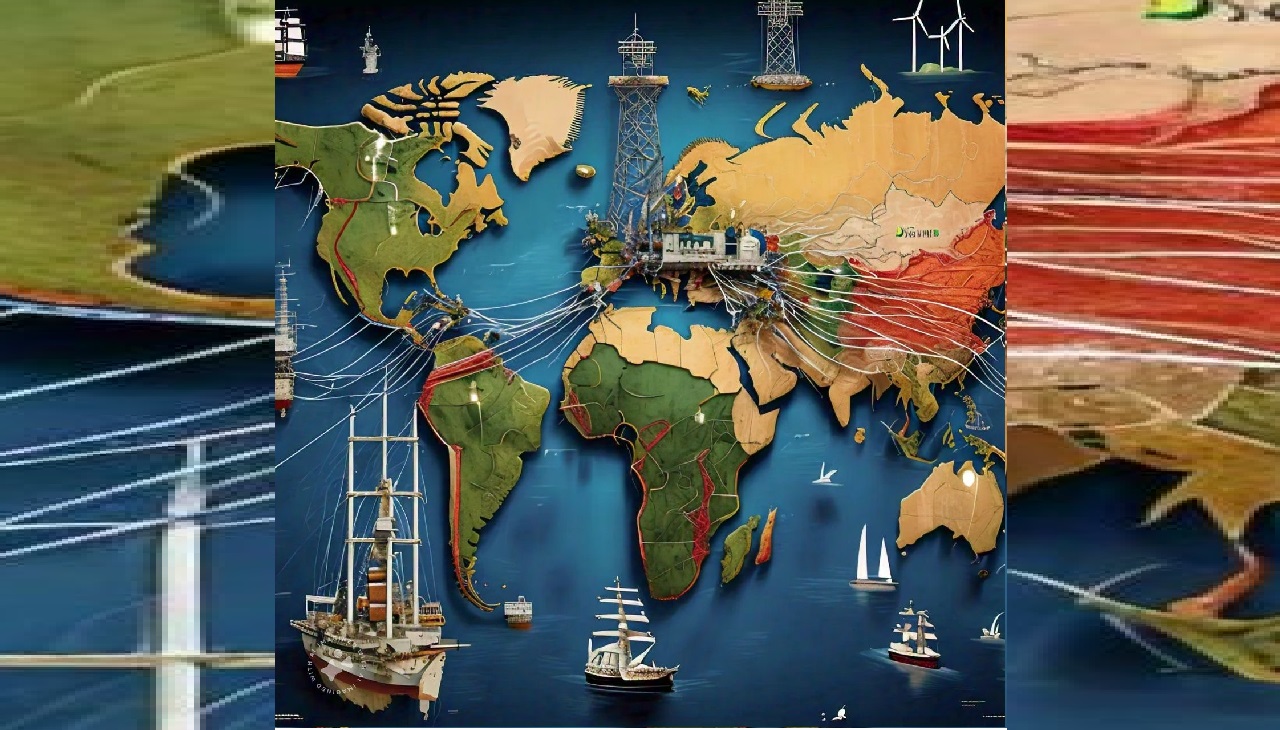
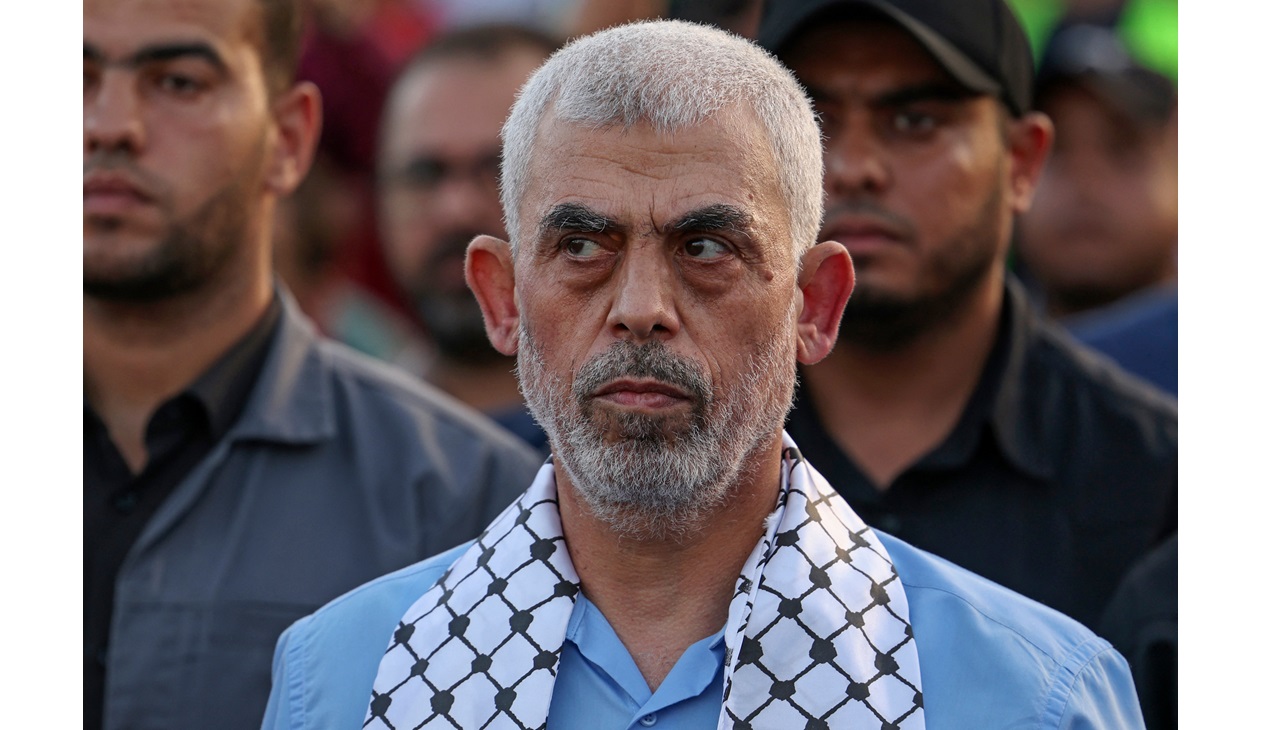

LEAVE A COMMENT:
Join the discussion! Leave a comment.